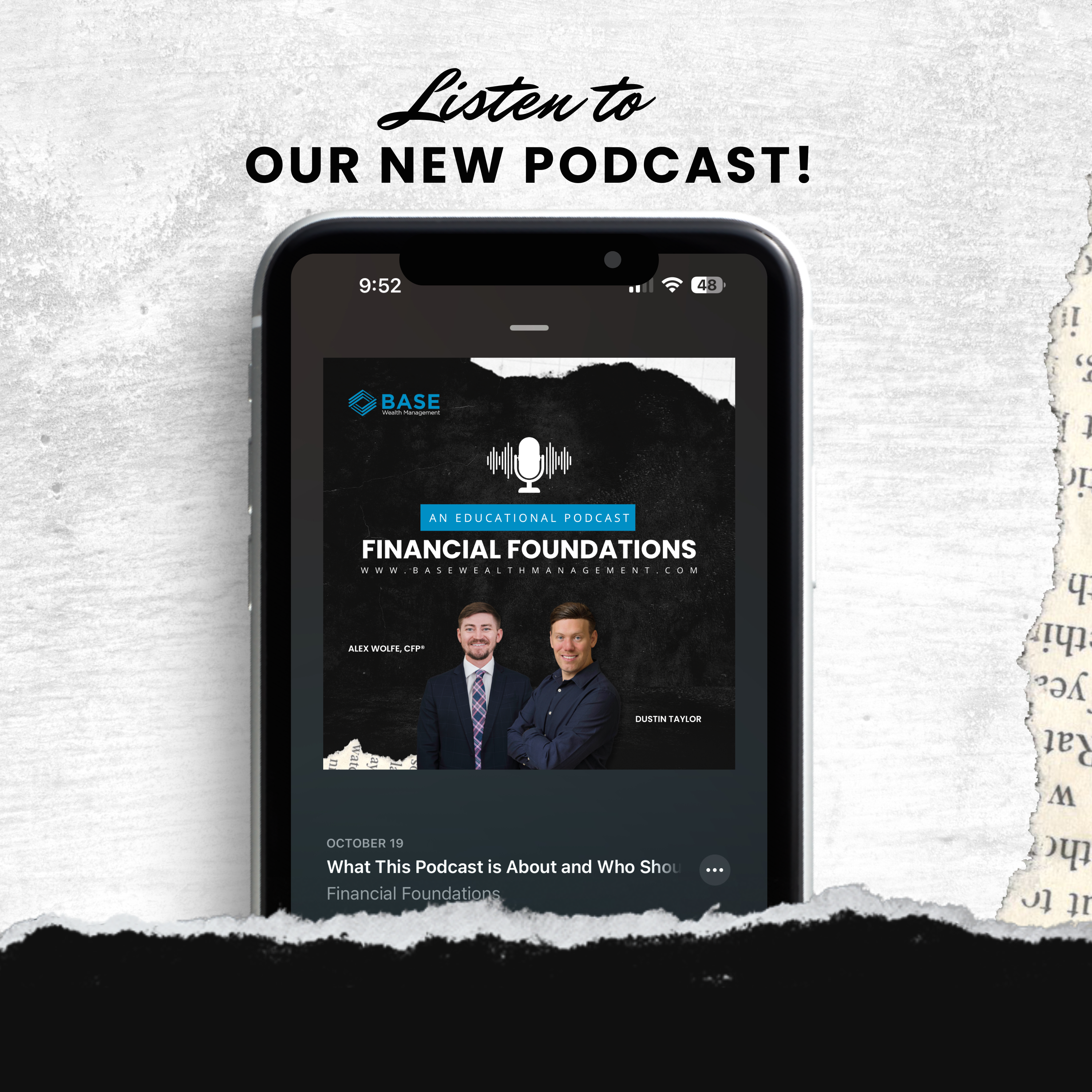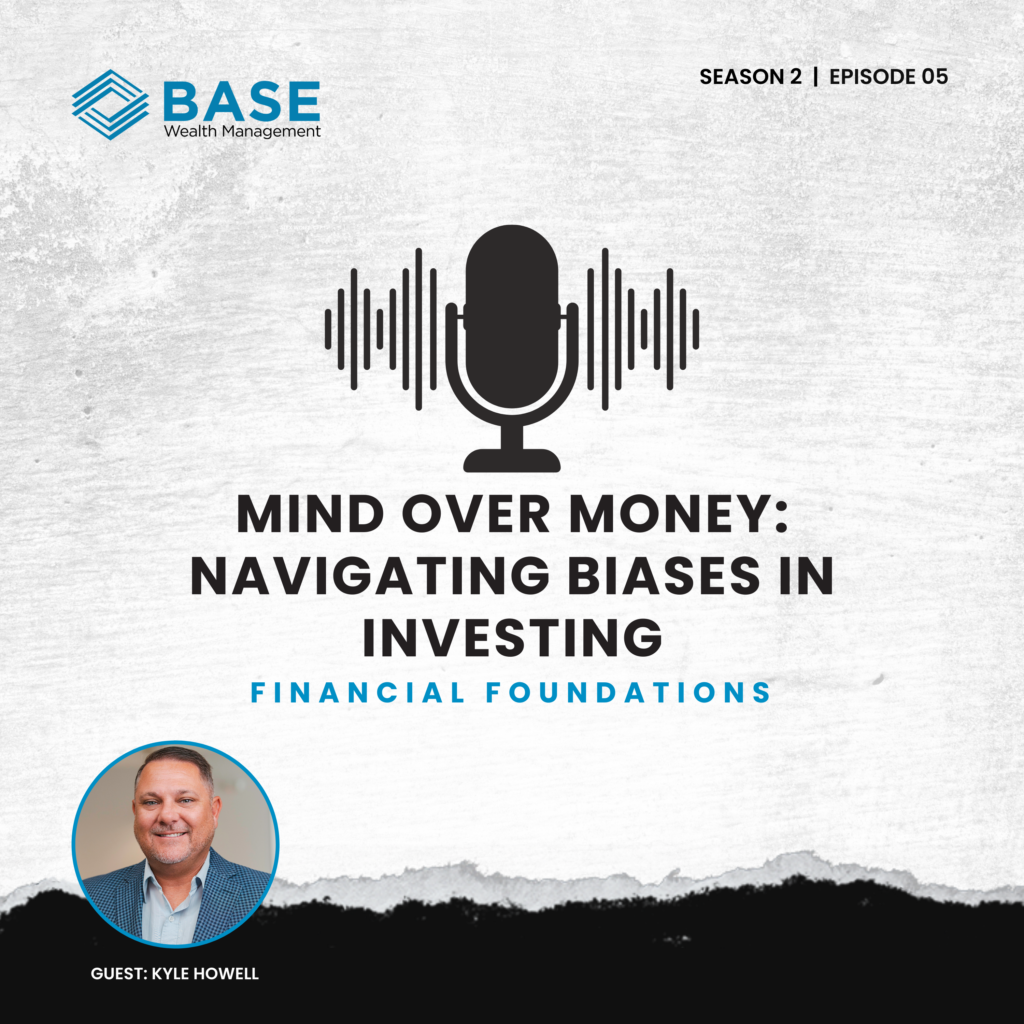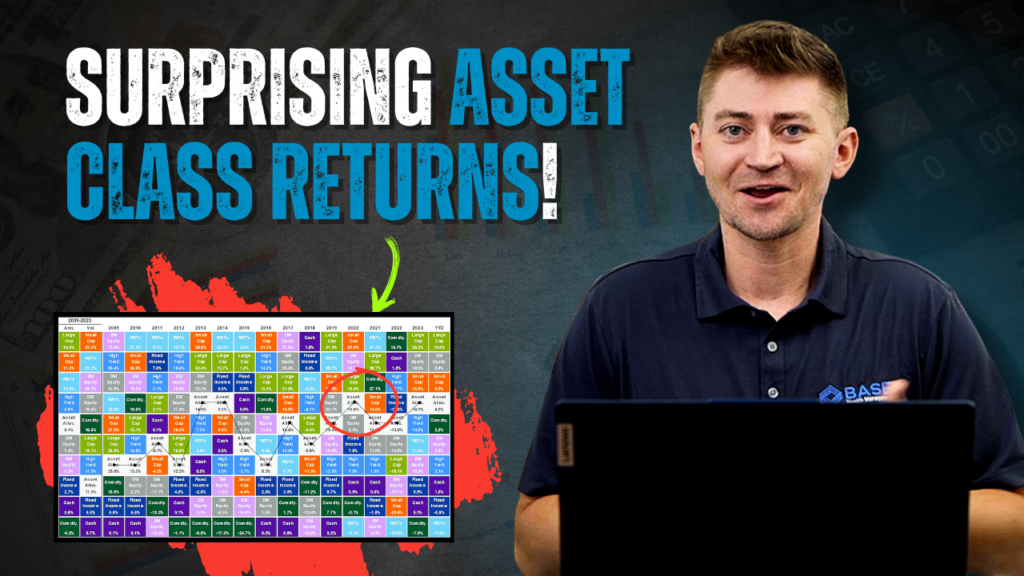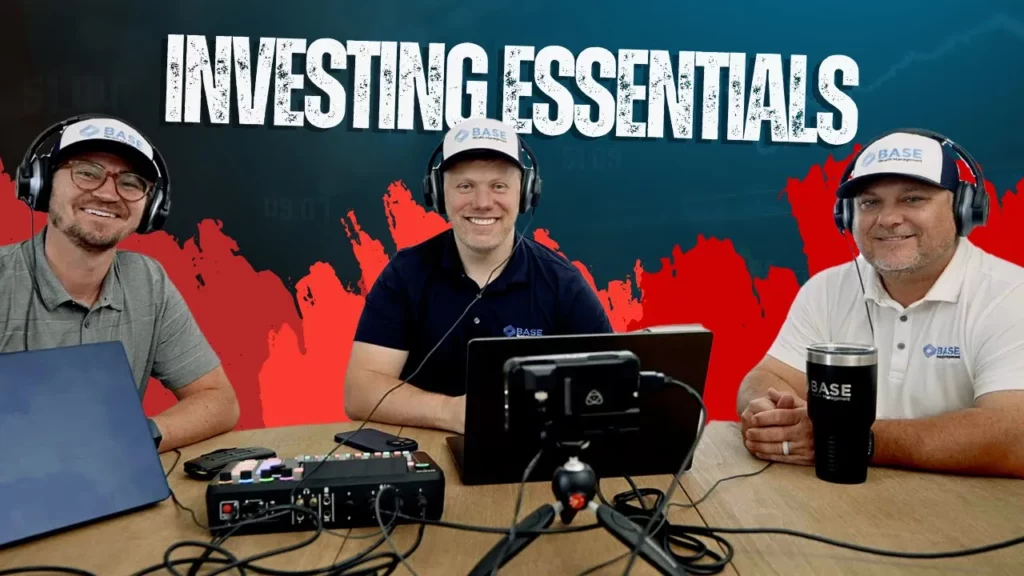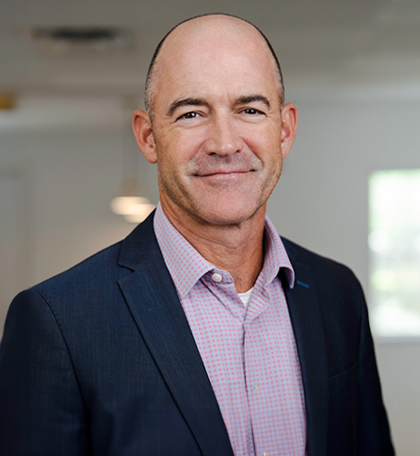Have you ever had a great business idea and taken steps to realize it, just to encounter problems financing it? Or maybe you’re debt averse and don’t want to take on a small business loan? Or perhaps you don’t qualify for a loan for whatever reason? A solution may exist in the form of a ROBS (Rollovers as Business Start-ups ) rollover strategy.
What is a ROBS Rollover strategy?
A ROBS Rollover is a method to obtain funding for your start-up idea by rolling funds from your 401(K) or IRA into your newly-minted business. The kicker is that the funds aren’t classified as distributions, so you don’t have to pay taxes on them, and the IRS won’t hit you with a 10% early withdrawal penalty.
The IRS doesn’t classify the funds you roll over as distributions because those funds are rolled into your C-corporations 401(K) retirement plan. They are then used to purchase shares of your corporation, giving you the liquidity necessary to execute your business plan.
Now, I know what you’re thinking: What C Corporation and what shares? Well, yes, the process is a bit convoluted.
Here’s the ROBS 401(K) rollover process broken down step by step.
- Establish a C Corporation.
- Create a 401(K) for your corporation.
- Sign up as a plan participant.
- Set the kinds of investments possible, including the shares of your own corporation.
- Roll your previous employer’s 401(K) into your 401(K) plan.
- Purchase shares of your corporation from within your 401(K).
- Use those funds to purchase or hire the necessary equipment, goods, materials, or staff to execute your business plan.
- Profit (hopefully!).
Once you have taken those steps, you will need to follow strict compliance rules, hold annual shareholder meetings, and pay administrative fees to your 401(K) provider. Record keeping and keeping up with changing regulations and tax laws will also be necessary. Setting up the rollover may cost thousands of dollars, so you want to keep that in mind when making your decision.
Is a ROBS 401(K) rollover a good idea?
It makes perfect sense if your business will earn more than your 401(K) in the long run. But we all know that most companies fail, so unless you’re sure you have a million-dollar idea, a foolproof business plan, and have exhausted all other financing means, you may want to let your 401(K) continue to do its thing of generating compound interest at a tax-advantaged basis.
However, you may want to consider a ROBS rollover if you already have a sizeable nest egg and are willing to potentially part ways with a chunk of it forever. Also, having a business set up in Florida as a C Corporation comes with its own benefits, such as a low corporate income tax of 5.5% in 2023 and reduced liability.








